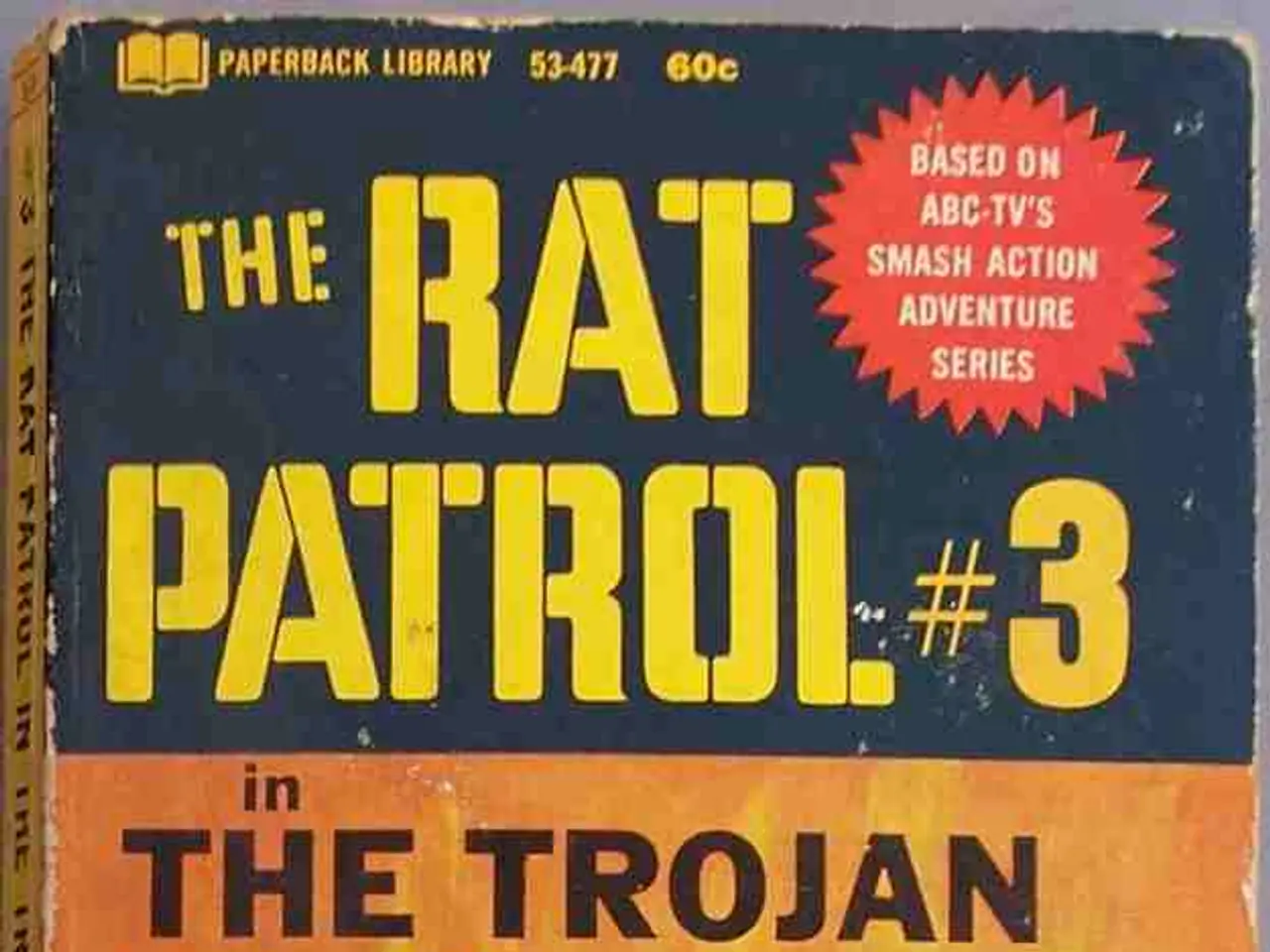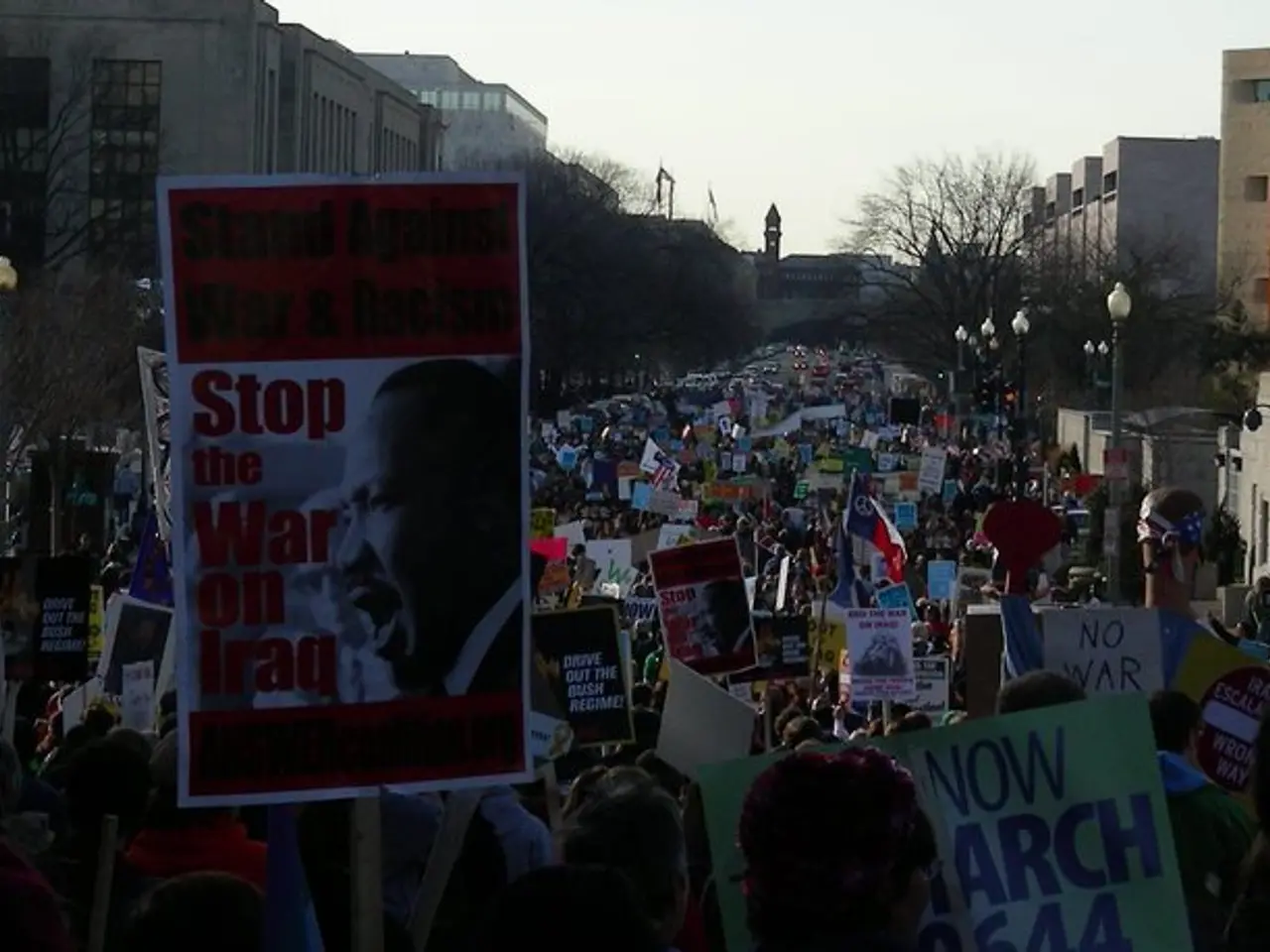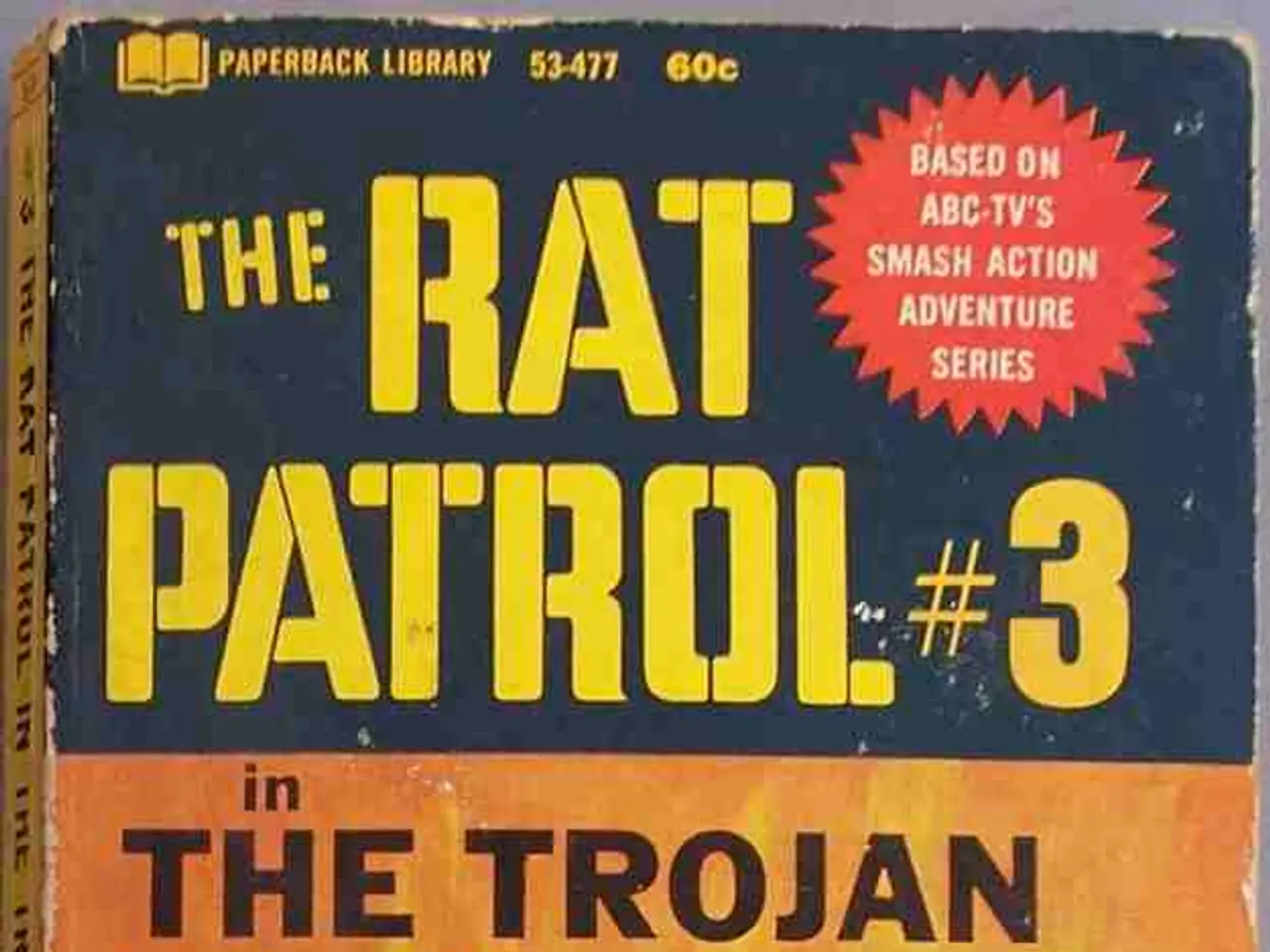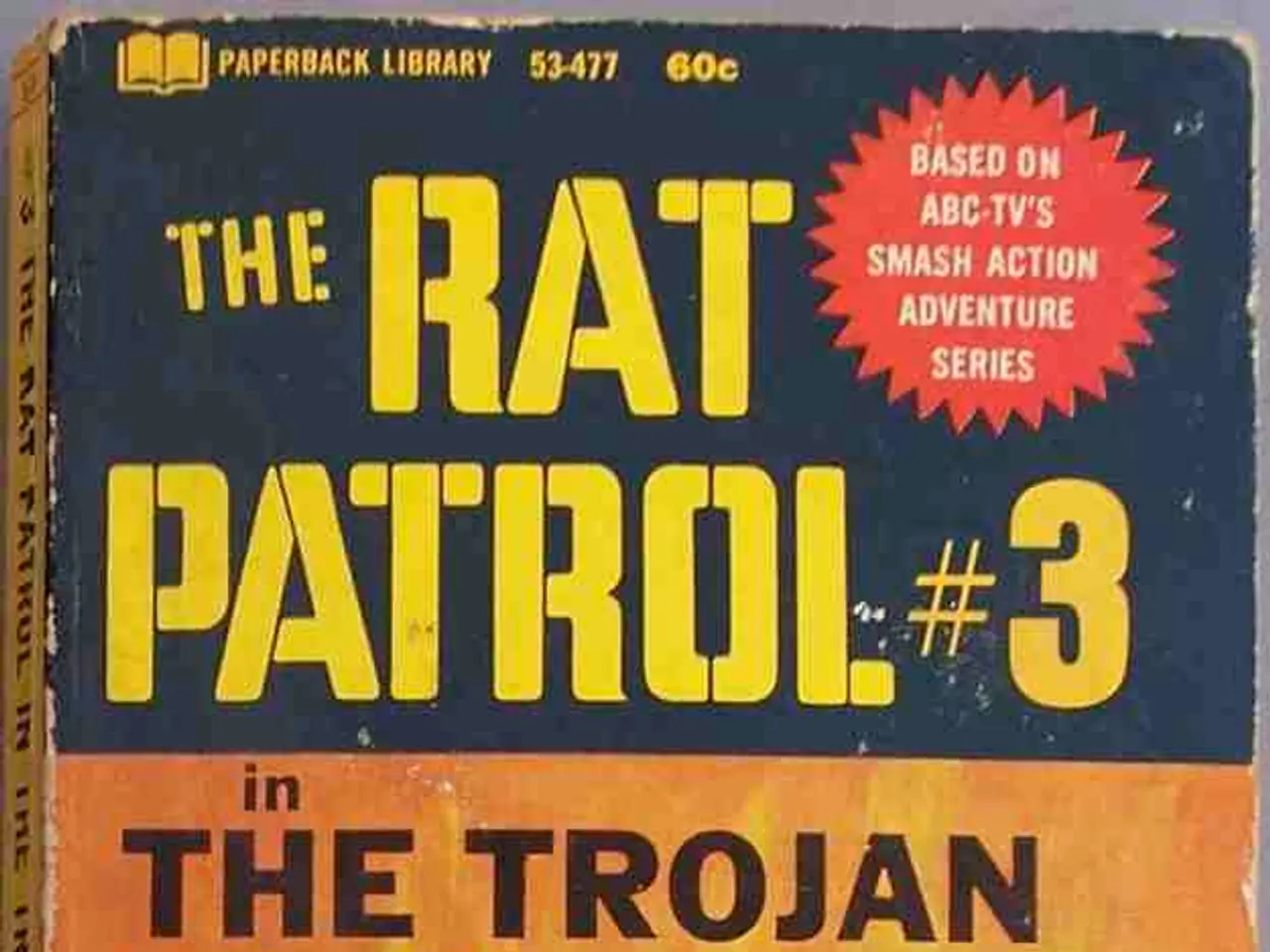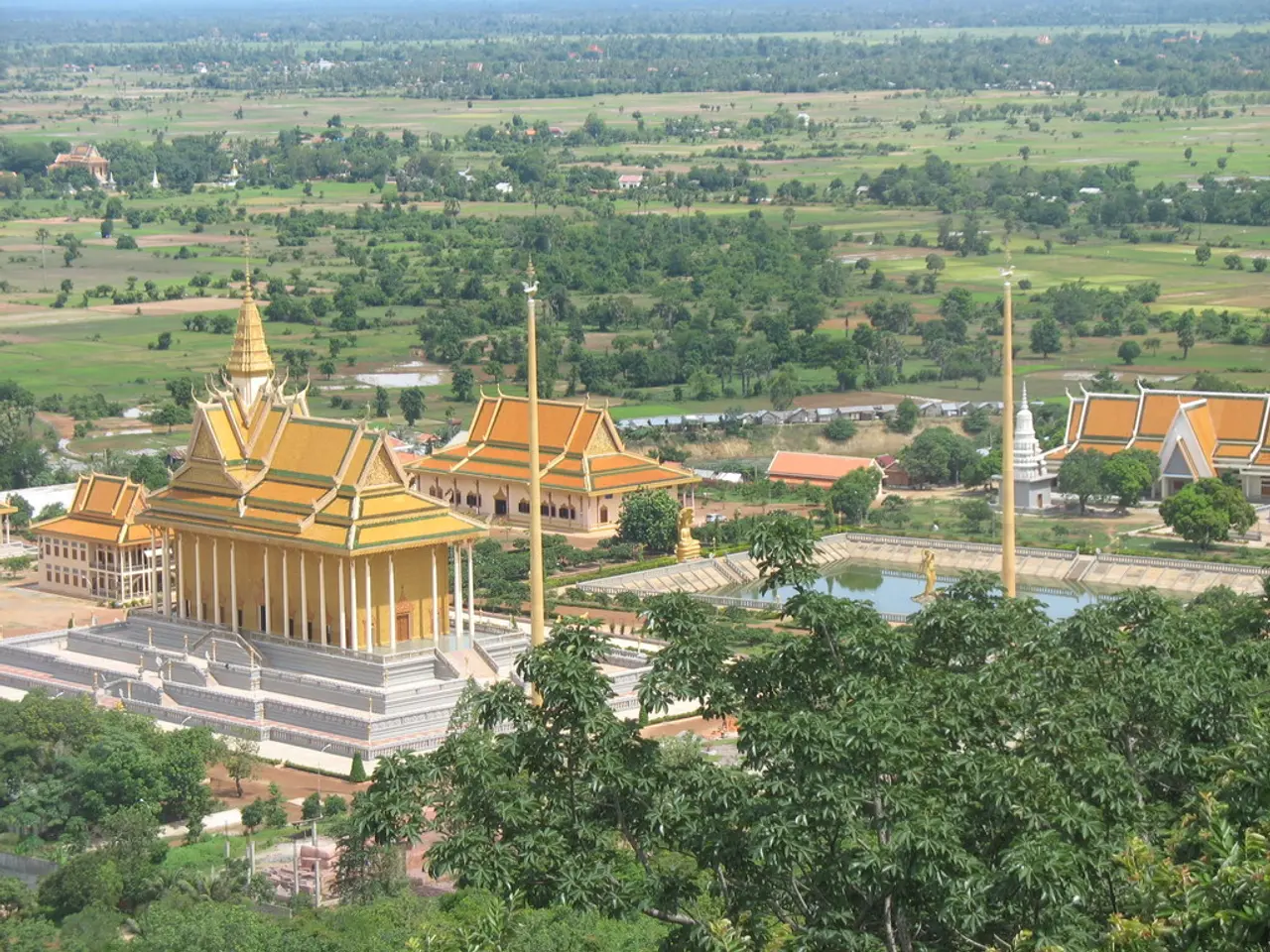Bracing For Resumed Uranium Enrichment: The Looming Iranian Dilemma
- *
Iran has the potential to restart uranium enrichment activities within a few months, as per the statement made by IAEA Chief Grossi. - Iran may resume uranium enrichment process within several months, potentially escalating nuclear tensions.
Iran's looming nuclear quandary is a ticking time bomb. The Iranians might, within a few short months, or even less, jumpstart uranium enrichment with some cascades of centrifuges, as per the word of IAEA Chief Rafael Grossi in a CBS interview. The specific fate of roughly 408 kilograms of uranium Iran already had enriched to a whopping 60 percent remains ambiguous; it's possible that some of it was obliterated in the attacks, but some might've been purloined. Enriched further to 90 percent, this uranium is enough to fuel at least nine atomic bombs [1][2][3].
Grossi's assertions contradict US President Donald Trump's claim that the attacks have delayed Iran's nuclear program by "decades," a statement made over the weekend on Fox News. Trump also abnegated the possibility of Iran moving its uranium stockpiles prior to the attacks on their facilities, stating it would be extremely difficult and that they didn't give much warning [4]. Thus, Marco Rubio, the US Senator, advocated for an IAEA inspection in Iran.
The IAEA had demanded access to the damaged facilities following the attacks to ascertain the stocks of enriched uranium, but the Iranian government has thus far refused. Concurrently, the Iranian parliament cast a vote to suspend cooperation with the IAEA and has criticized the agency for its silence over the Israeli and US attacks on their nuclear facilities [1][4].
Iran's Foreign Minister Abbas Araghtchi allegedly accused Grossi of seeking a security inspection of the bombed facilities under the guise of it being a mere pretext. Araghtchi even hinted at Grossi's intentions possibly being "malicious" in his remarks on the X online service [5].
The Argentine Government asserts that the IAEA Chief, hailing from their own territory, has received threats from Iran. The Argentine Foreign Ministry has implored Iranian authorities to guarantee the safety of Grossi and his team, while shunning any actions that could jeopardize the IAEA team [6].
German Foreign Minister Johann Wadephul stated, via X, that the threats against Grossi and his staff from Iran are deeply alarming and must cease immediately. He urged Iran to collaborate fully with the IAEA and guarantee the safety of their personnel [6].
In light of these events, France has threatened Iran with new sanctions if they are not amenable to serious negotiations. Should the required dialog not materialize, the global embargo on weapons, nuclear technology, banks, and insurers might be reinstated [7]. Western nations have long accused Iran of aiming for nuclear weapons, a charge Tehran adamantly denies [3].
Israel's extensive attack on Iran in mid-June was justified based on Iran's advanced nuclear and missile program. In retaliation, Iran launched rocket and drone attacks on Israel, followed by US bombings of the Iranian nuclear facilities at Fordo, Natans, and Isfahan. A ceasefire came into effect on Tuesday after twelve days of conflict.
Iran's Army Chief, Abdolrahmin Mousawi, expressed doubts on Sunday that Israel would honor the agreement. The Iranian perspective is that they did not initiate the battle. However, should Israel flout the ceasefire, the army will respond forcefully once more [8].
Araghtchi, in a letter sent to United Nations Secretary-General António Guterres, implored the UN Security Council to recognize Israel and the US's responsibility for the 12-day war, including "compensation and reparations" [9].
Keywords:
- Iran
- Nuclear Facilities
- Rafael Grossi
- IAEA
- Uranium Enrichment
- Israel
- US President
- Donald Trump
- CBS
- Iranian Parliament
- Suspended Cooperation
- Uranium Supply
- Argentina
- Threats
- Natural resources
- Battle commencement
- Army Chief Stance
- Acknowledgment of Responsibility
Insights:
- The current status of Iran's uranium enrichment endeavors suggests that Iran's nuclear facilities sustained significant damage from the US and Israeli airstrikes, but have not been entirely obliterated. Iran retains considerable stockpiles of enriched uranium at various levels (3-5%, 20%, and 60%) which could be further enriched over time [1][2][3].
- The recent suspension of cooperation with the IAEA by Iran severely restricts international oversight and surveillance, causing concern over the potential swift rebuilding of enrichment capabilities in the near future [1][2][5]. The IAEA Director General Rafael Mariano Grossi has emphasized the importance of reinitiating dialogue to allow inspectors back into Iran and resume their crucial monitoring role [2][4].
- Repair operations, such as at the Natanz Enrichment Complex, indicate that nuclear activities might recommence in Iran, raising the specter of nuclear proliferation in the Middle East. [3]
- The IAEA chief, Rafael Grossi, voiced concerns that Iran could potentially restart uranium enrichment within a few months, which would increase tension in the Middle East and global politics, as reported by CBS News.
- Amidst political discussions, the suspension of cooperation with the IAEA by Iran's parliament has raised concerns about the possibility of Iran's nuclear program advancing clandestinely, with potential implications for war-and-conflicts and general-news.
